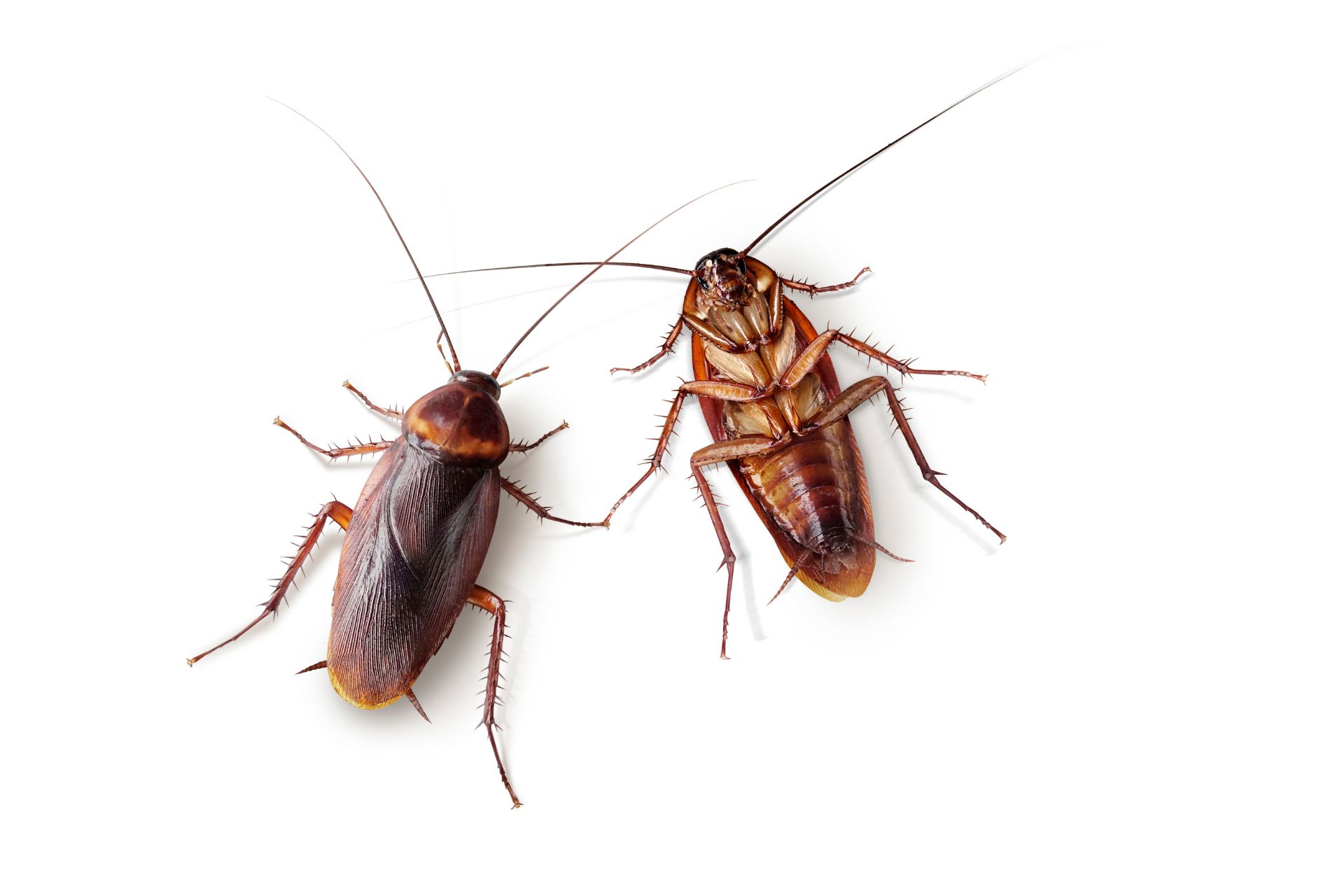What Smells Do Cockroaches Hate? Simple Home Remedies
Cockroaches hate strong scents such as peppermint oil, citrus, bay leaves, and catnip. These natural smells overwhelm their sensitive senses, making your home less appealing to them. You can repel cockroaches by using essential oil sprays, placing dried herbs or citrus peels in problem areas, and keeping your home clean and sealed.

If you’ve ever spotted a cockroach scurrying across your kitchen floor, you know the urgency of wanting it gone fast. While chemical sprays can work, they can also fill your home with harsh fumes. The good news? You can use certain natural smells that cockroaches can’t stand, making your home far less inviting to them.
Cockroaches have an extremely sensitive sense of smell. They rely on it to find food, water, and shelter. When they encounter strong scents they dislike, they avoid those areas. While smells alone may not kill them, they can help drive them away and keep them from settling in.
Scents Cockroaches Avoid
Peppermint Oil
Peppermint oil is one of the most effective natural deterrents. The sharp, fresh scent overwhelms a roach’s senses and sends it looking for a more comfortable space.
How to use: Mix 10–15 drops of peppermint essential oil with water in a spray bottle. Spray around sinks, baseboards, behind appliances, and near entry points.
Eucalyptus
Eucalyptus has a strong, menthol-like aroma that cockroaches dislike.
How to use: Add a few drops of eucalyptus oil to cotton balls and place them in cupboards, under the sink, and in dark corners.
Citrus Peels
The smell of fresh citrus—especially lemon—acts as a natural repellent.
How to use: Wipe down kitchen counters with lemon juice or scatter fresh citrus peels in areas where roaches hide. Replace peels every few days to keep the scent strong.
Lavender
Lavender’s floral aroma is calming to humans but unpleasant to cockroaches.
How to use: Place dried lavender sachets in drawers, pantries, and closets. You can also spray diluted lavender oil in problem spots.
Garlic
Garlic’s pungent odor is too strong for cockroaches to tolerate.
How to use: Crush a few cloves and place them near roach hiding spots, or sprinkle garlic powder in corners where you’ve seen activity.
Bay Leaves
Bay leaves contain compounds that release a scent roaches dislike.
How to use: Crush dried bay leaves and sprinkle them in kitchen cabinets or behind appliances.
Catnip
Catnip contains nepetalactone, which repels roaches.
How to use: Place small sachets of dried catnip in areas where roaches hide. Avoid if you have cats—they may tear into the sachets.
Tips for Making Smell-Based Remedies Work
- Keep your home clean: Smells won’t work if there’s food debris attracting roaches. Wipe counters, sweep floors, and store food in sealed containers.
- Seal entry points: Use caulk to close gaps around pipes, doors, and windows.
- Refresh scents often: Natural aromas fade quickly. Reapply sprays or replace items every few days.
- Combine with other methods: Traps and cleaning go hand-in-hand with scent deterrents for best results.
Final Thoughts
Natural smells like peppermint, citrus, and eucalyptus can help keep cockroaches away without filling your home with harmful chemicals. Consistency is key—reapply these scents regularly and combine them with good cleaning habits to make your home an unwelcoming place for pests.
FAQs
1. Will smells alone completely get rid of cockroaches?
Not usually. Scents work best as a deterrent alongside cleaning and sealing entry points.
2. How often should I reapply scent remedies?
Every 2–4 days, or sooner if the smell fades.
3. Can I mix different essential oils for stronger results?
Yes. Combining peppermint, eucalyptus, and lavender can make a powerful natural spray.
4. Are these scents safe around pets?
Most are safe in small amounts, but keep essential oils out of reach and avoid strong concentrations near pets.
5. Do cockroaches get used to smells over time?
They may become less sensitive if the smell is faint. Keeping scents fresh maintains their effect.






